Consultative Meeting on Developing Framework for Climate Change and Health in Primary Care and Developing Costing Instruments
The important steps with regards to the Koneksi Study is to develop the framework to build adaptive primary care to climate change can be achieved. On 15-16 July 2024, the workshop was performed at Mercure Hotel Sanur. This workshop was attended the whole team of Koneksi Bali, NTB and NTT, as well as ANU team. ANU team was represented by Professor Sally de Haag, Associate Professor Ana Olson, and Matthew Kelly. As per suggestion by ANU team, we also invited the stake holders from Bali Province Health Office, District Health Office and District Government of Karangasem, and also from two Public Health Centers from Karangasem District.
The workshop was started by the opening and description of the goals and agenda of the meeting, and then followed by the explanation of strategy on how to develop the frameworks. Participants were grouped in to four: Udayana team, ANU team, NTB/NTT team, and stakeholders team. Each group discussed and drawn the suitable framework for adaptive primary health care to climate change, based on their perspective. Each framework was presented by the team and were discussed thoroughly during the first day. Small group meeting among ANU and Udayana team were performed to discuss the unexpected varying framework from each group. It was a challenge to be solved by all team within the systematic steps further. Meanwhile, the technical and administrative team of Udayana, NTB, and NTT were also discussing the potential time duration to conduct the same event at NTB and NTT. This was also a challenge, since despite the different government area, the unexpected health program such as PIN (Pekan Imunisasi Nasional) or National Immunization Week were finally changed the planned schedule of the team.
On the day 2nd, the discussion was about the costing instruments and also the possibility to perform data collection about program cost in each study site. The costing instrument was quite long, since it should explore the available capital and program costs that can be related to the climate change in the primary health care. Therefore, the inputs from stakeholders at the primary health care were very crucial, particularly their perspective about possibility to obtain the intended data.
The activities ran smoothly and interactive, but challenges are still quite many, particularly due to time constraint that the project should have ended at November 2024. Thanks to thorough preparations made days in advance, including to setup findings preparation and aligning perceptions among the research team members.
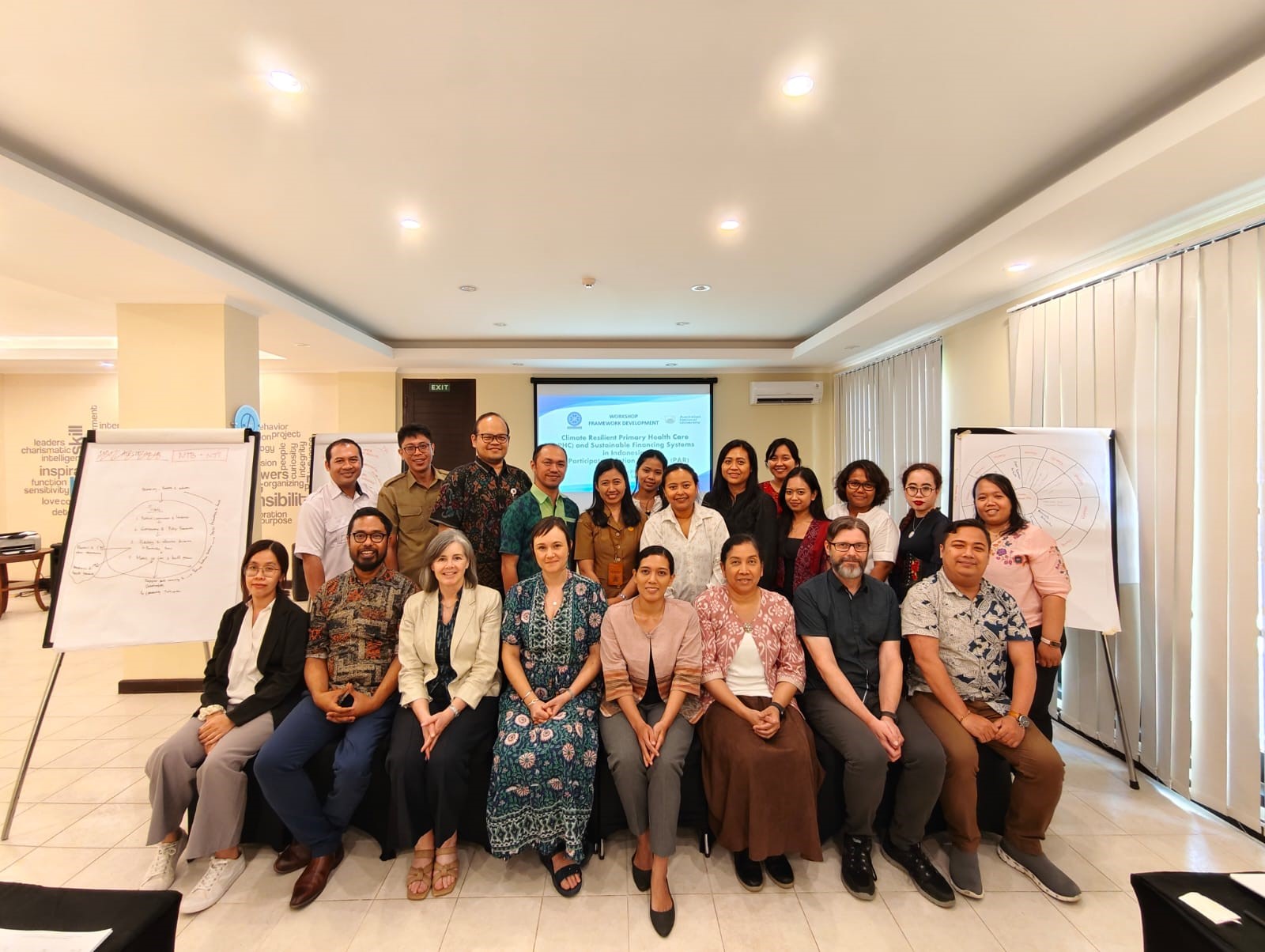
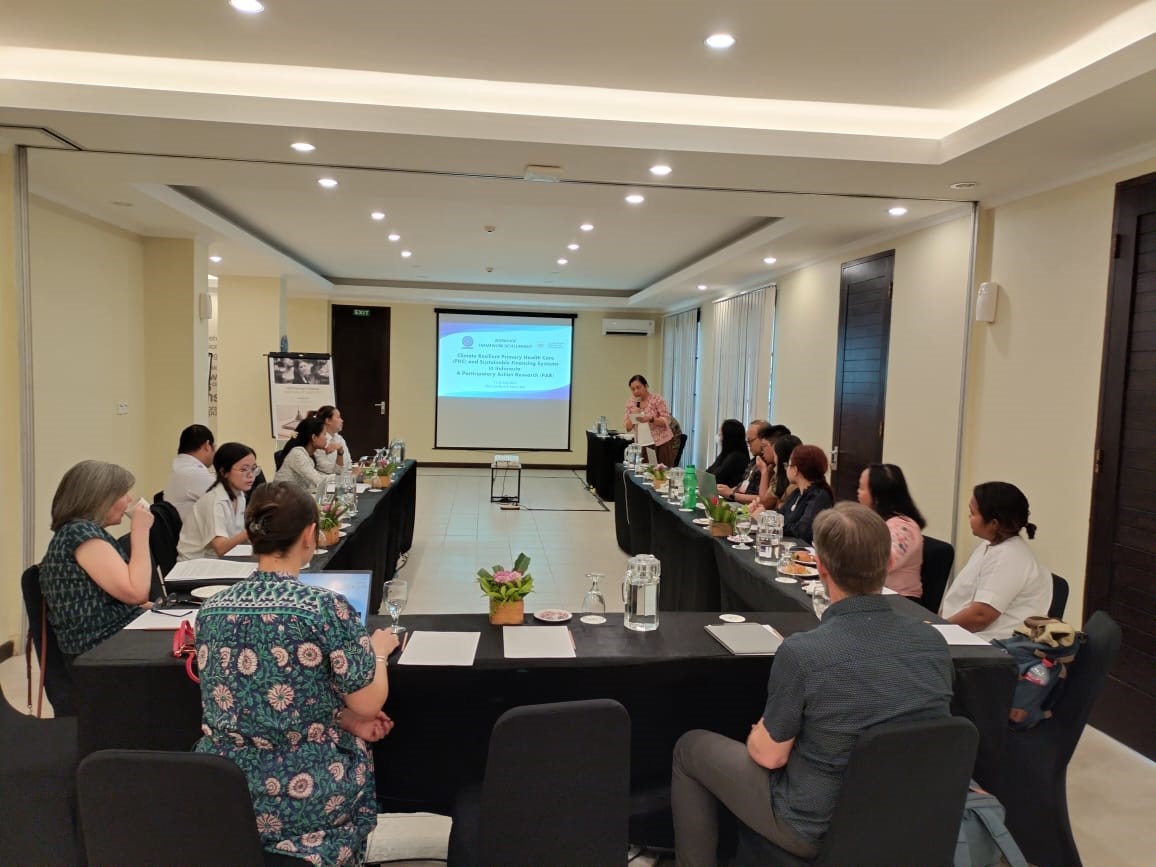
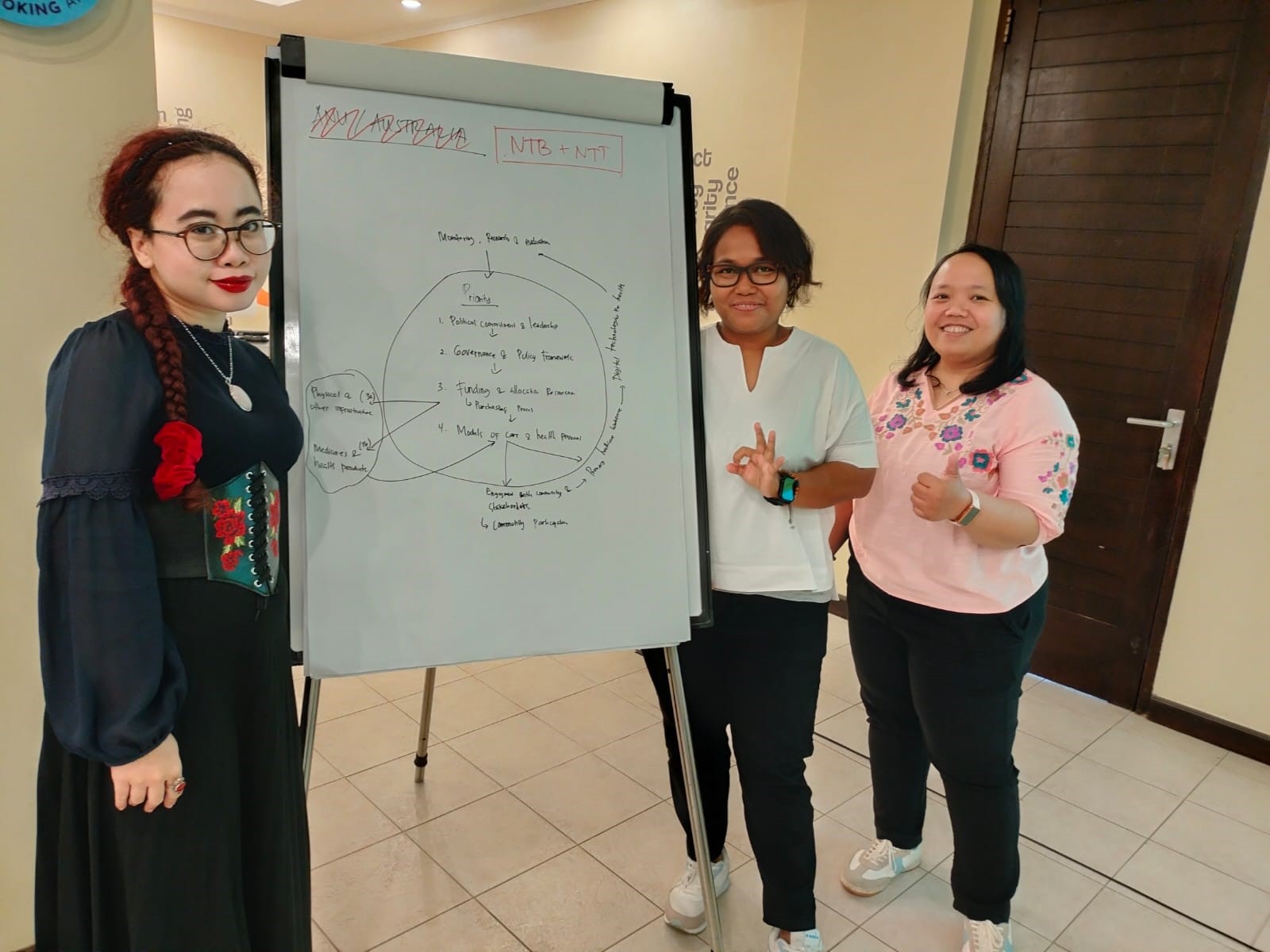
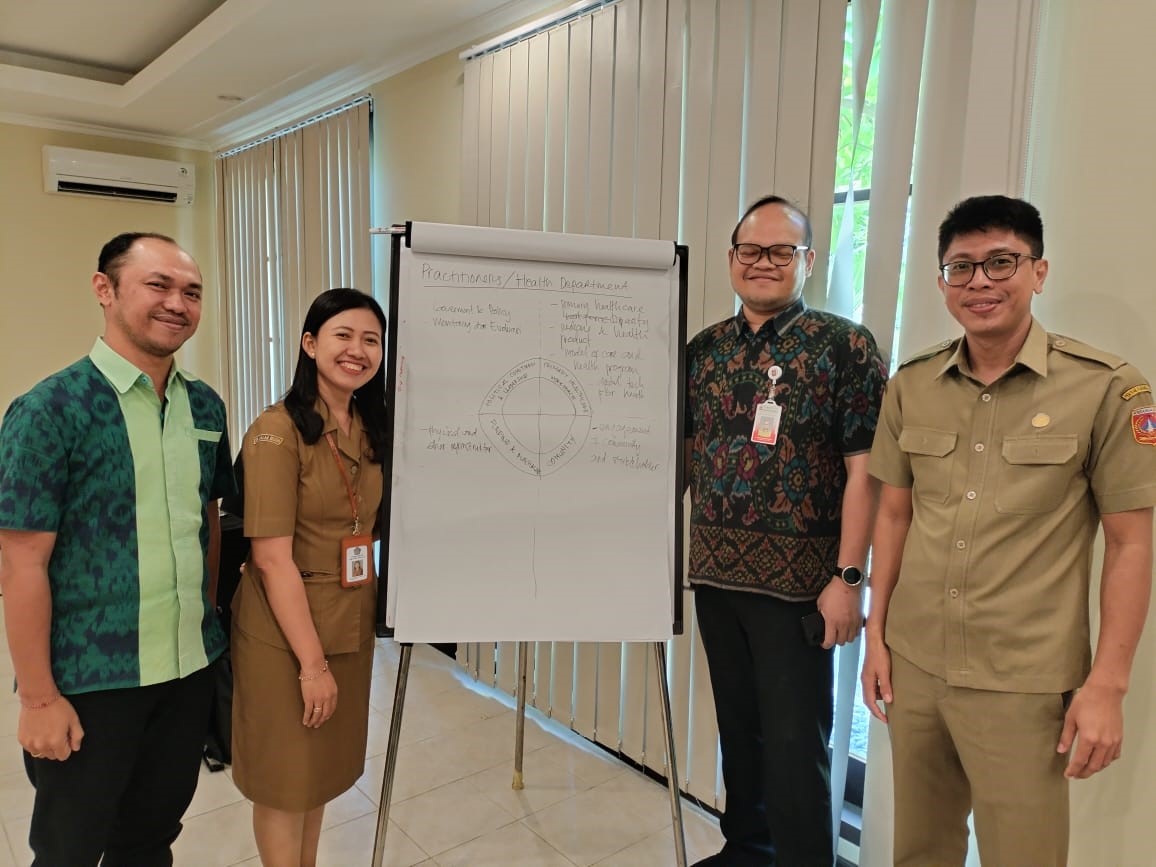
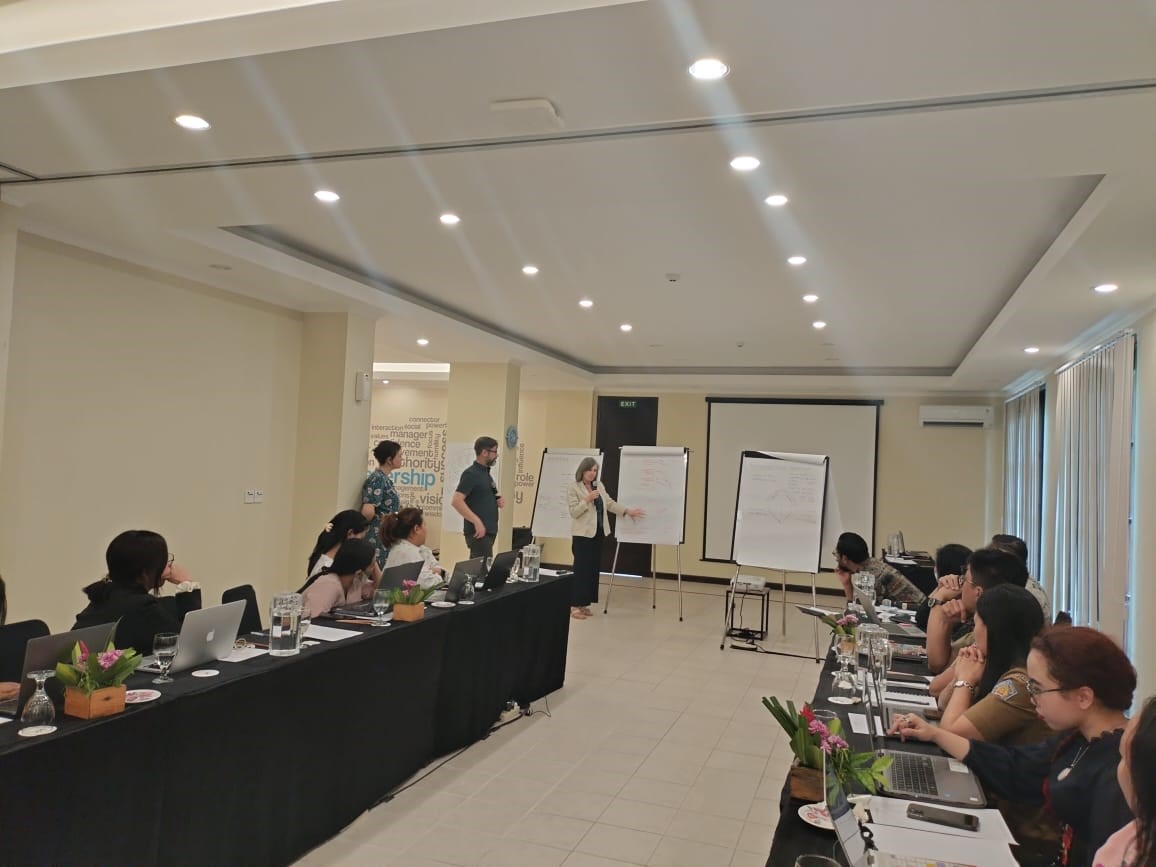
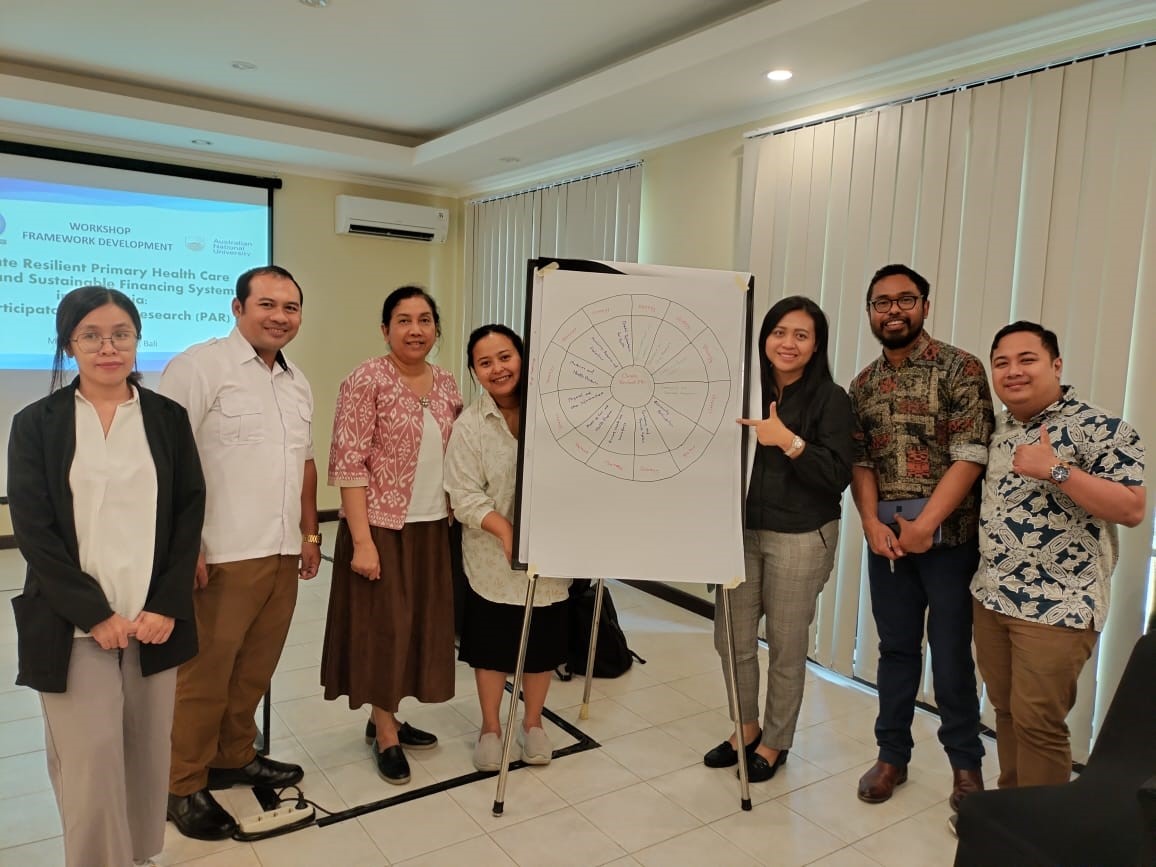
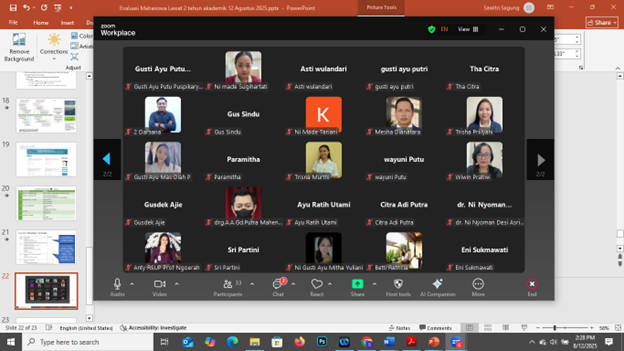

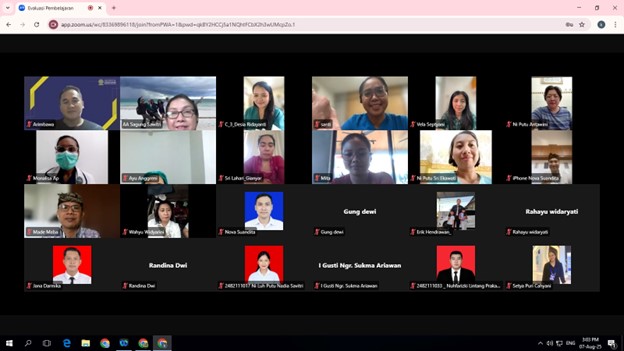
MEDICAL FACULTY